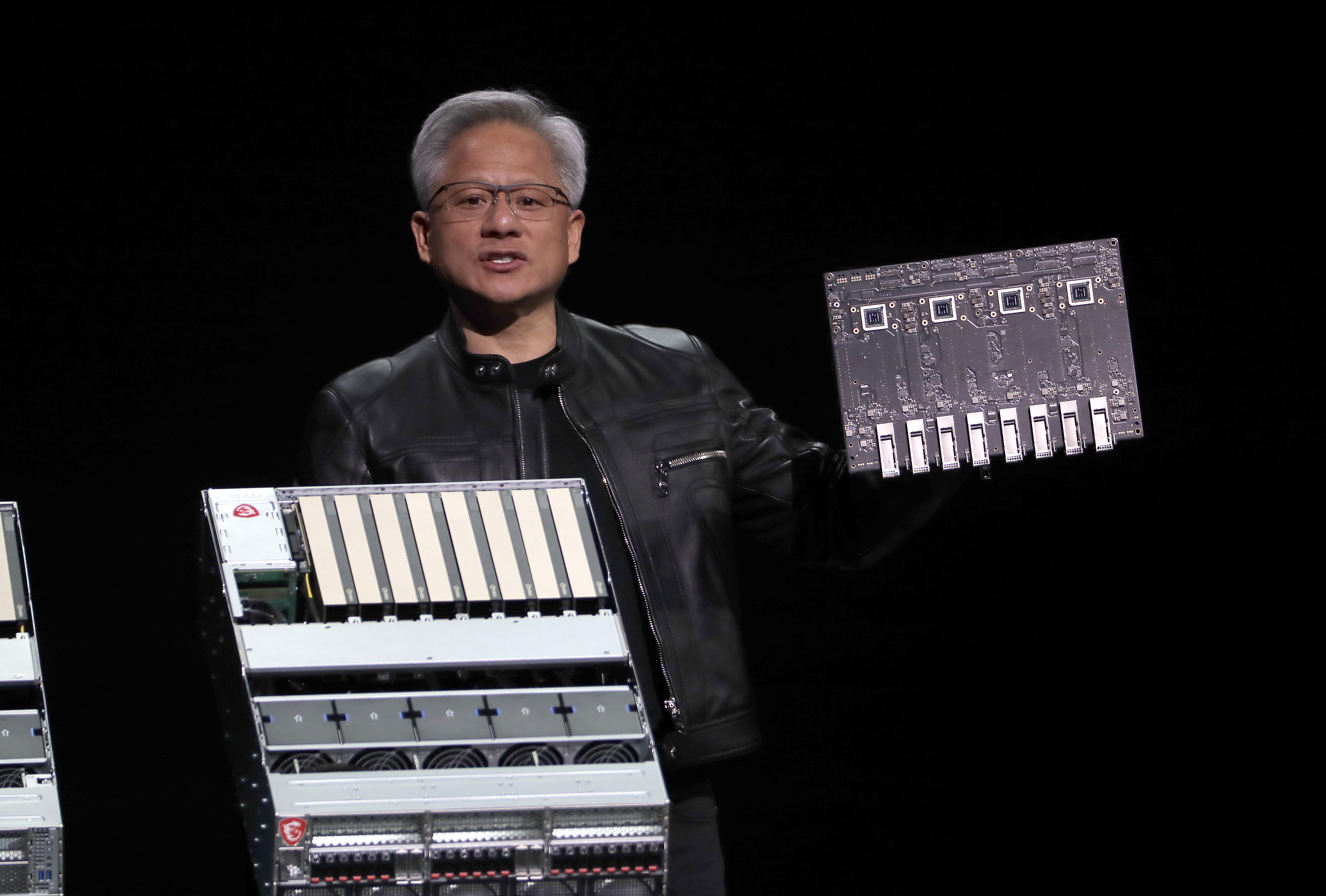Adam Spatacco, The Motley Fool
5 min read
In This Article:
-
OpenAI is breaking ground on new data centers as part of the $500 billion Stargate project.
-
Oracle is reported to be purchasing $40 billion worth of Nvidia Blackwell chips and will be leasing them to OpenAI.
-
Considering OpenAI is hoping to build more data centers across the U.S. and abroad, Nvidia's involvement in these infrastructure projects could be a game changer for long-term growth.
A number of companies have made commitments to invest in domestic infrastructure over the next several years. Chief among these initiatives is a joint venture among Oracle, SoftBank, and OpenAI. Known as Stargate, this consortium of technology leaders plans to invest $500 billion into artificial intelligence (AI) infrastructure in the U.S.
Just last week, investors finally got an update on how Stargate is progressing. In perhaps a shock to absolutely no one, semiconductor powerhouse Nvidia (NASDAQ: NVDA) is involved with a new data center for OpenAI.
Let's dig into this deal and assess why it could be a game changer for Nvidia.
As a refresher, OpenAI burst onto the AI scene a few years ago following a multibillion-dollar investment from Microsoft. While OpenAI's services, chief among them ChatGPT, have become heavily integrated throughout Microsoft's ecosystem, both companies have been seeking opportunities to branch out over the last year or so.
For OpenAI, the company has reached a point whereby striking partnerships with other technology companies is essential -- hence the creation of Stargate.
The reason for this is that as demand for ChatGPT grows, so does the need for compute power (i.e., more data center infrastructure). However, Microsoft simply cannot be the sole bridge to finance OpenAI's needs.
Per recent reports, Oracle is planning to purchase an estimated 400,000 graphics processing units (GPU) from Nvidia for OpenAI's new data center in Texas. Of note, the GPUs are Nvidia's new Blackwell architecture and could cost Oracle up to $40 billion.
Oracle will subsequently be leasing these chips to OpenAI as part of the deal structure, adding even more tailwinds to its fast-growing infrastructure-as-a-service (IaaS) division.
I see two primary reasons why this deal is a game changer for Nvidia.
First, global management consulting firm McKinsey & Company recently published a report in which it estimates nearly $7 trillion will be spent on AI infrastructure over the next five years. Within this grand total, McKinsey believes that hardware providers will be the biggest beneficiaries of rising AI capital expenditure (capex).













